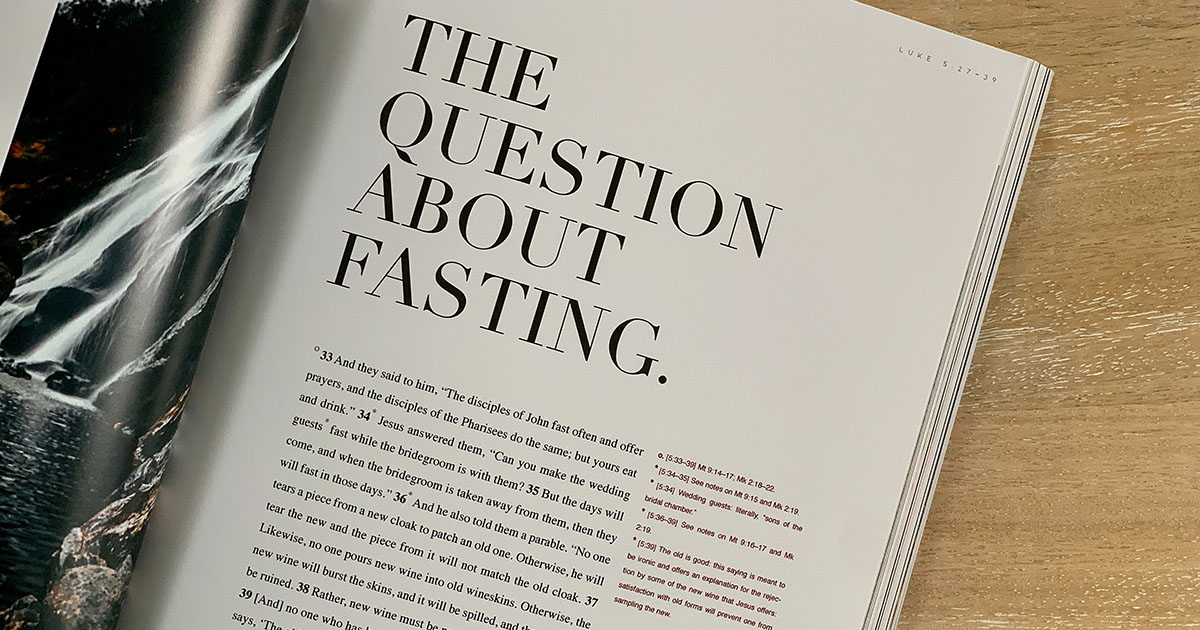For around the last year, I have been doing a particular type of fasting called intermittent fasting. There are various types of intermittent fasting, and the one I have been doing is giving myself an 8-hour eating window and a 16-hour fasting window. It has helped me have less pain in my guts, and I no longer feel sick without eating food for some time. Now and again, I will interrupt my eating window if I am busy during the day to make sure I have food to give me energy. Most of the time, I follow this eating plan and every day, I feel better about my eating habits and energy. When I am not eating, I drink copious amounts of water and can focus on any activities or work I have throughout the day. I thought I would spend this blog post speaking about the various forms of intermittent fasting with the help of a Hopkins Medicine article, “Intermittent Fasting: What is it, and how does it work?”
What is Intermittent Fasting?
The article explains that intermittent fasting is an eating plan that switches between fasting and eating regularly. Intermittent fasting focuses on when you eat instead of restricting certain foods. While it does not tell what exactly to eat, it is in your best interest to make should you are eating highly nutritious and healthy food. You can fast for a certain number of hours each day, which I describe above with eating windows or restricting yourself to one meal two days a week. Each method of this fasting type includes having a reasonable amount of time to allow your digestive systems to digest all your foods.
How Does It Work?
The main premise behind this fasting method is to give your body time to exhaust all the glucose and sugar in your body and then transition to burning fat. Doing so is thought to help burn fat to lose weight. It also ensures your digestive system has enough time to digest all of the food, possibly improving the health of your gut. Many diets in current times include constant snacking throughout the day on top of 3-4 meals, which does not give your body enough time to digest foods and burn fat. One of my favourite parts about this fasting method is that after a few weeks of restricting the times when you can eat food, you no longer feel hungry when you are fasting. Thus, you get the benefits of fasting without actually feeling hungry. I have also heard of the dangers of fasting for longer periods, including days of not eating. There is no need for a radical approach to fasting and experiencing its effect. Intermittent fasting is the easiest and safest way to fast, in my opinion.
Is Intermittent Fasting Safe?
I emphasised that intermittent fasting is one of the safest fasting methods, but there are preventive measures to ensure nothing terrible occurs because of this method. You should make sure you check in with your healthcare professional, or if this is not possible, make sure you pay attention to how your body feels, as this can indicate how intermittent fasting works with your body. I would recommend that pregnant or breastfeeding women not practice this fasting method, as you will most likely need the energy from food due to the exhaust that can come from breastfeeding, hormonal changes during pregnancy, and changes to sleep quality during and after pregnancy. People with diabetes or blood sugar problems need to ensure that they do not disrupt their already impaired insulin and blood sugar responses. Those with a history of eating disorders should not try to restrict eating behaviours as this can result in increased episodes of binging and food anxiety. Children and teens under the age of eighteen should be cautious when fasting due to significant changes in people’s bodies during puberty.
What Are The Benefits of Intermittent Fasting?
I want to stress the importance that there still need to be more studies to identify the influences of intermittent fasting. Some studies in animals and humans have shown that intermittent fasting can be good for thinking and memory, heart health, physical performance, tissue health, diabetes and obesity. In my experiences, I have also found increased energy levels and less anxiety around eating food. I feel that I am in control of my hunger cycles and have become more aware of when I am hungry and thirsty. My digestive system seems to be more healthy and less easily agitated. I have also experienced less constipation and other stomach related issues since I began intermittent fasting. I am curious to see what future studies on intermittent fasting and its health interactions reveal. I would recommend attempting this approach if it is safe, and based on how you feel, make your assumption about the benefits of intermittent fasting.
Final Statements About This Type of Fasting?
I hope that the discussion about intermittent fasting has been helpful. Based on my experiences, I would recommend trying this approach as it has helped me feel more fantastic and address previous stomach issues. While there are insufficient studies to determine the exact relationships, it makes sense to me that giving your digestive system more time to digest, clean out its system, and burn fat stores for energy would be beneficial for the body’s functioning.





